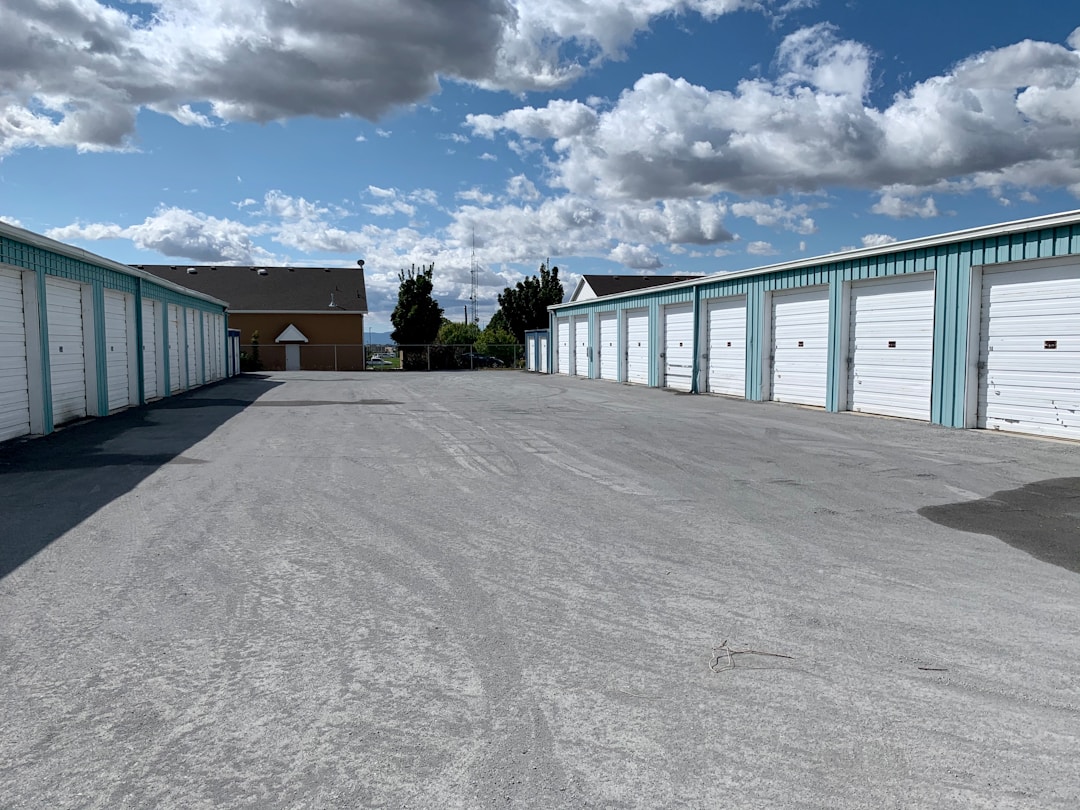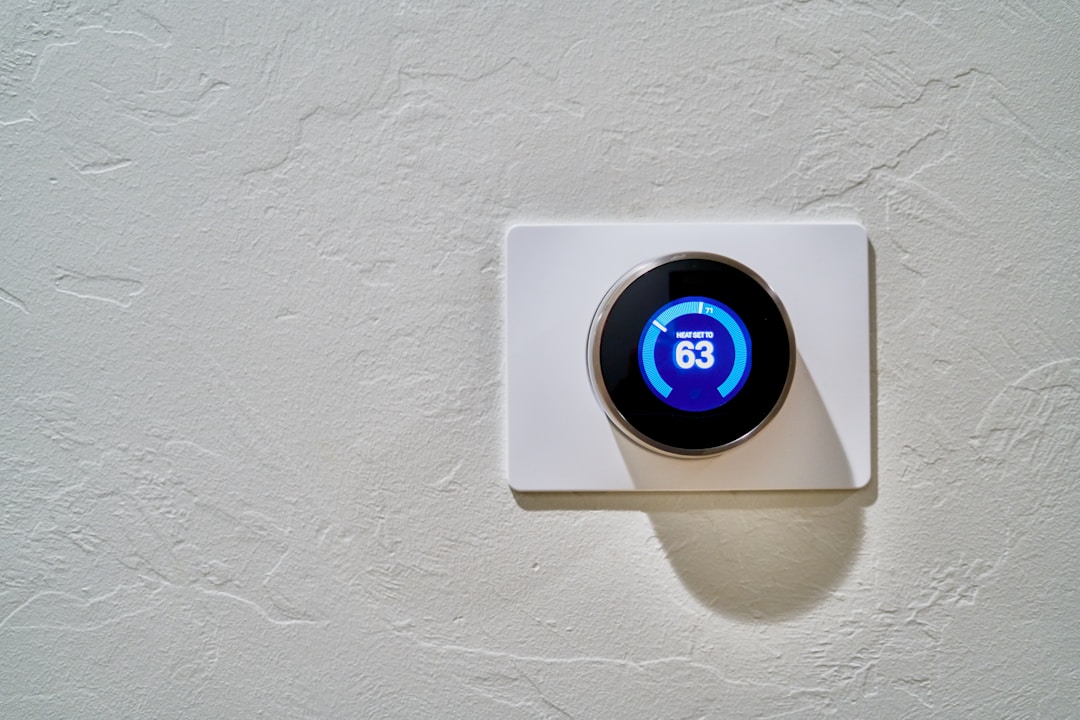What Are the Best Home Improvements for Saving Money?
Home improvements are repairs and renovations intended to improve your home’s functionality, increase your home’s value, or suit your design preferences. Your home’s age, condition, and location could affect your annual house-related expenses. While you may not be able to do anything to eliminate homeowners association (HOA) fees, you can improve your home’s condition.
Some renovations yield more significant returns than others. If your goal is to invest in home improvements that will save you money, you should prioritize the repairs and renovations discussed here.
Prepare for renovations.

Before you begin renovating your house, ensure you’re up to date with household maintenance. Approximately 50 percent of household energy costs cover heating and cooling your home. Have your heating, ventilation, and air conditioning (HVAC) system checked twice a year. HVAC technicians can change air filters, replace worn parts, and clean your air ducts, ensuring your HVAC system can effectively distribute warm air in the winter months and cold air in the summer.
Put unused items into storage. US Self Storage offers storage units for vehicles and other types of property. You can rent a unit accessible by car, which makes it easy to unload your belongings. Moving excess property into a storage facility is a great way to free up space in your home so you can renovate without worrying about property damage.
Reduce the amount of space you heat.
Close unused rooms and lower the thermostat in those rooms to reduce your heating costs. Bundle up with sweaters and blankets and use a space heater to avoid heating your entire house to reduce your heating costs.
Insulate your water heater.
Wrap insulator around your water heater. The insulator prevents heat loss and reduces the amount of time your water heater runs, which helps lower your energy bills.
Install replacement windows.

Old windows can cause drafts. You may reduce heat loss by applying caulk around window seams, but investing in window replacement is the most effective way to eliminate drafts. Installing new windows will reduce your energy bill because you’ll reduce unwanted air exchange. This reduces the strain on your HVAC system to maintain your home’s temperature.
Window replacement also enables you to take advantage of your home’s natural light. Drafts may deter you from sitting near windows. Still, energy-efficient replacement windows will allow you to curl up in a chair by the window and read using natural light, which will help reduce your energy expenses.
Add solar panels.
Installing solar panels is a good way to improve your home’s property value and reduce your energy costs. Solar panels transfer energy produced by sunlight to an inverter that converts it into the type of electricity that powers homes. Solar energy can supplement your energy bills or eliminate them. Although installation is expensive, government subsidies and tax credits offset some of the costs. Any excess energy produced by the panels you don’t use feeds into the power grid and energy companies pays homeowners for that power.
Replace old appliances.
When appliances break down, replace them with Energy Star appliances. Energy Star appliances use less power than old appliances consume.
Use a programmable thermostat.

Installing a programmable thermostat is another way to save money on heating costs. You can set your thermostat to lower your home’s temperature overnight during the winter months and begin raising the temperature before you get up in the morning. Programmable thermostats can also adjust the household temperature during times of the day when nobody is at home.
Replace your light bulbs.
Replace old light bulbs with energy-efficient bulbs. Energy-efficient bulbs cost more but significantly reduce your household energy expenses. Homeowners who opt to make this simple change will save money.
It could be tempting to focus on repainting your home or expanding your kitchen. Still, if your objective is to invest in improvements that will save you money, you should concentrate on improving your home’s energy efficiency. Installing new windows, a programmable thermostat, solar panels, Energy Star appliances, and energy-efficient light bulbs will pay off by lowering your energy costs. You can expand your savings by insulating your water heater and maintaining your HVAC system.



